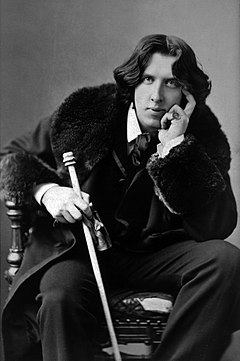Born this day:
Lord Alfred Douglas (1870 - 1945) UK Author / Poet / Translator
British writer and poet and lover of Oscar Wilde. Bosie, as he was known to his friends, married Olive Cunstance in 1902 and they had a son, Raymond, that same year. The 1997 film 'Wilde' tells the story about his relationship with Oscar Wilde.
Robert Rauschenberg (1925 - 2008) US
Robert Rauschenberg was an American artist who came to prominence in the 1950s transition from Abstract Expressionism to Pop Art. Rauschenberg is well-known for his "Combines" of the 1950s, in which non-traditional materials and objects were employed in innovative combinations. Rauschenberg was both a painter and a sculptor and the "Combines" are a combination of both. Rauschenberg's approach was sometimes called 'Neo-Dada', a label he shared with the painter Jasper Johns , with whom he had a long artistic and personal relationship.
Dutch singer, writer, playwright, Radio- and TV-host and songwriter
Mark Shaiman
American composer, lyricist, arranger, musical director and music producerSodomy in History, October 22
1840 — Maine makes its sodomy law gender-neutral.
1968 — The Michigan Court of Appeals upholds a "crime against nature" conviction even though prior acts with others were admitted into evidence.
1971 — The Nebraska Supreme Court upholds a sodomy conviction based entirely on circumstantial evidence.



